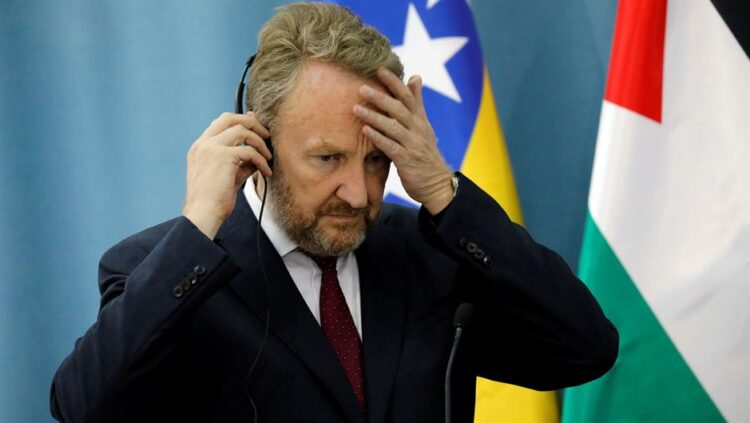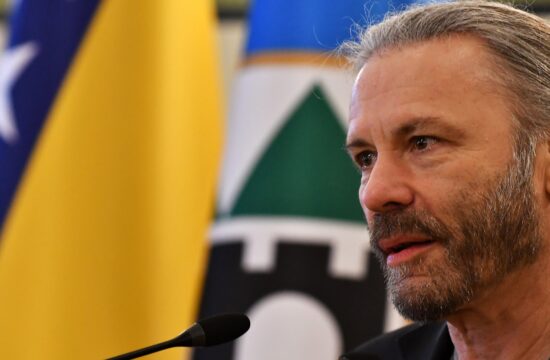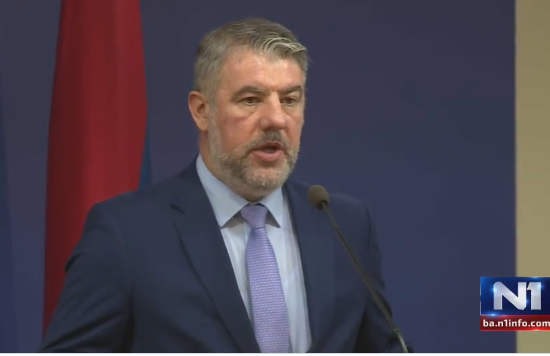
The leader of the Democratic Action Party (SDA), Bakir Izetbegovic, said on Thursday that Croatian Prime Minister Andrej Plenkovic, with his experience, could help mend relations between Croatia and Bosnia and Herzegovina as well as those between the Croats and the Bosniaks.
Speaking in an interview with the Sarajevo-based Faktor.ba news website, Izetbegovic said that Croatia should not be relying on interpretations of the situation in Bosnia and Herzegovina as offered by the Serb member of Bosnia and Herzegovina's tripartite presidency, Milorad Dodik.
He described Dodik's recent visit to Zagreb as a message that “a Serb-Croat alliance could be formed that would ignore the Bosniaks, their representatives, and the constitutional system of Bosnia and Herzegovina.” He added that by avoiding to meet with the Bosniak chairman of Bosnia and Herzegovina's presidency, Sefik Dzaferovic, and inviting Dodik, who is pursuing a destructive and disintegrational policy, Croatian state officials conveyed precisely such a message.
The leader of the largest Bosniak party announced that he was due to meet with Plenkovic and President Zoran Milanovic in about ten days, noting that the Croatian prime minister could be an important interlocutor because he “well knows Europeans standards”.
“I am confident that (Plenkovic) can play an important and positive role in mending relations between Croatia and Bosnia and Herzegovina, that is between the Bosniaks and the Croats,” Izetbegovic said.
Commenting on Milanovic's statements about Bosnia and Herzegovina, Izetbegovic said that Milanovic “uses harsh words lightly,” but that statements made by his predecessor, a smiling Kolinda Grabar-Kitarovic, were more malignant and caused deliberate damage to Bosnia and Herzegovina.
He particularly resented Grabar-Kitarovic's warnings about threats of radical Islam from Bosnia and Herzegovina, saying that they were ill-intentioned.
Izetbegovic said that Milanovic should not be insulting the Croat member of the presidency, Zeljko Komsic, describing Komsic as a person who “minds his own backyard and sets an example to his own people.”
In conclusion, Izetbegovic said that Croatian state officials should not be unconditionally supporting the demands by the Bosnian Croat HDZ party for amending election legislation because they were contrary to European standards and rulings by the European Court of Human Rights and as such could not be backed by the European Union either.




